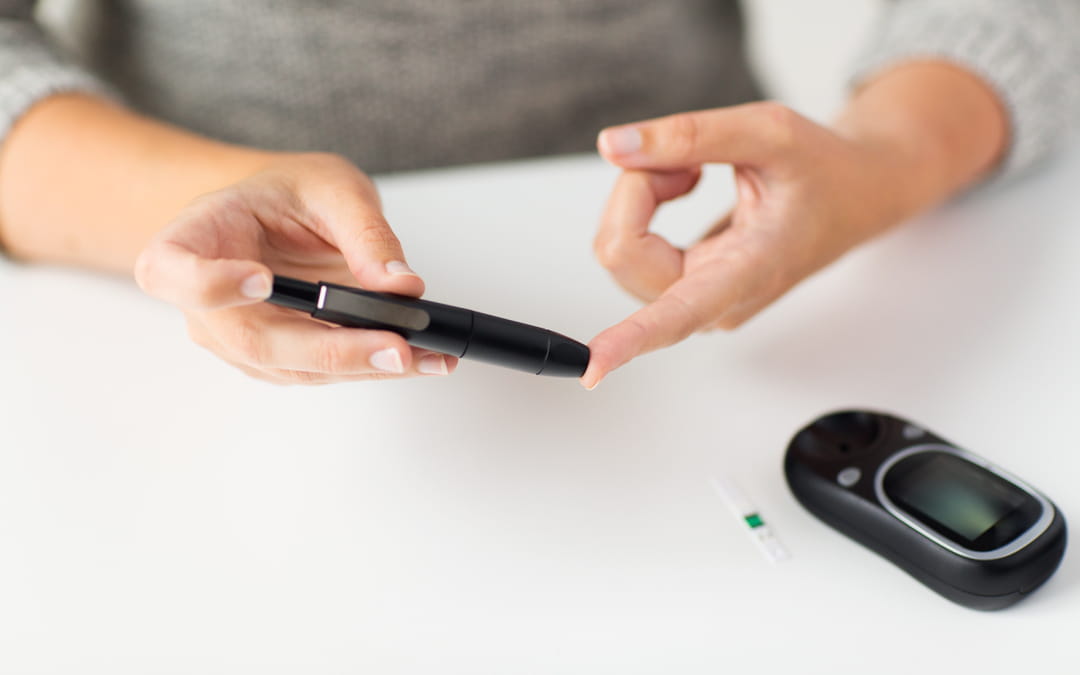Study warns: nearly half of diabetics don't know they're sick. Are you affected?

More than 800 million adults worldwide have diabetes, according to the World Health Organization . That's four times more than in 1990! In France, more than 4 million people are currently affected. According to the French Federation of Diabetics , " we are facing a real epidemic." But this epidemic is silent, since almost half of those affected are unaware that they have diabetes.
This is the conclusion of an American study conducted in more than 200 countries since the beginning of the century. It was published on September 8 in the journal The Lancet . More precisely, 44% of diabetics "are unaware of their condition," the study authors explained in a press release . Worse still, between diabetics who are unaware and those who are not (or not properly) treated, "only 21% of all people with diabetes worldwide benefit from optimal management of their disease," the researchers estimated.

The study highlights "significant regional disparities in diagnosis and treatment, particularly in low- and middle-income countries." Young adults were the age group most affected by underdiagnosis. " By 2050, 1.3 billion people are expected to have diabetes, and if nearly half of them are unaware they have a serious and potentially fatal condition, it could easily become a silent epidemic," said Lauryn Stafford, the study's lead author, in the statement.
So how can we explain why so many diabetics go undiagnosed? Diabetes is a disease that develops silently. As a result, " diagnosis of type 2 diabetes (the most common, editor's note) is often delayed, with 28% of patients diagnosed at the stage of complications leading to hospitalization," according to the Diabetic Federation. Many patients are diagnosed by chance, even before they have symptoms.
Hence the importance of getting screened, through a simple blood test, from the age of 45, or even earlier in the case of risk factors such as being overweight, lacking physical activity, high blood pressure, or smoking. According to the Diabetic Federation, "more than one in two French people say they have never been screened for diabetes."
When diabetes sets in, symptoms may appear that should prompt a consultation: an increased need to urinate and thirst, unexplained weight loss, fatigue, or blurred vision. Diagnosing diabetes as early as possible is essential for rapid management and thus reducing the risk of complications. These complications are varied and can be very serious. These can include cardiovascular, eye, kidney, or even foot problems.
L'Internaute




